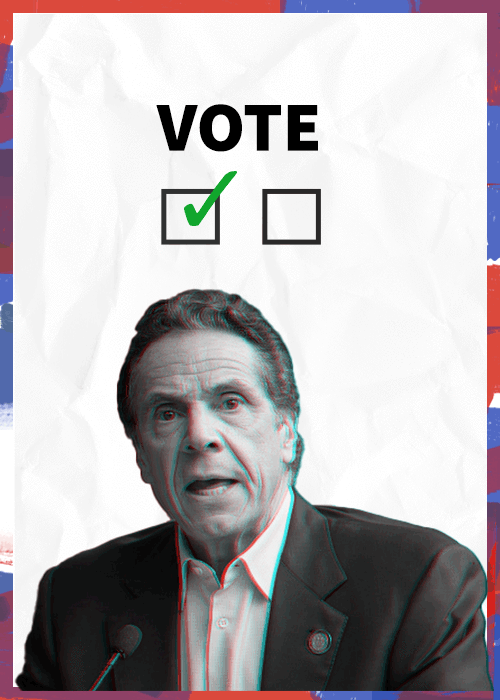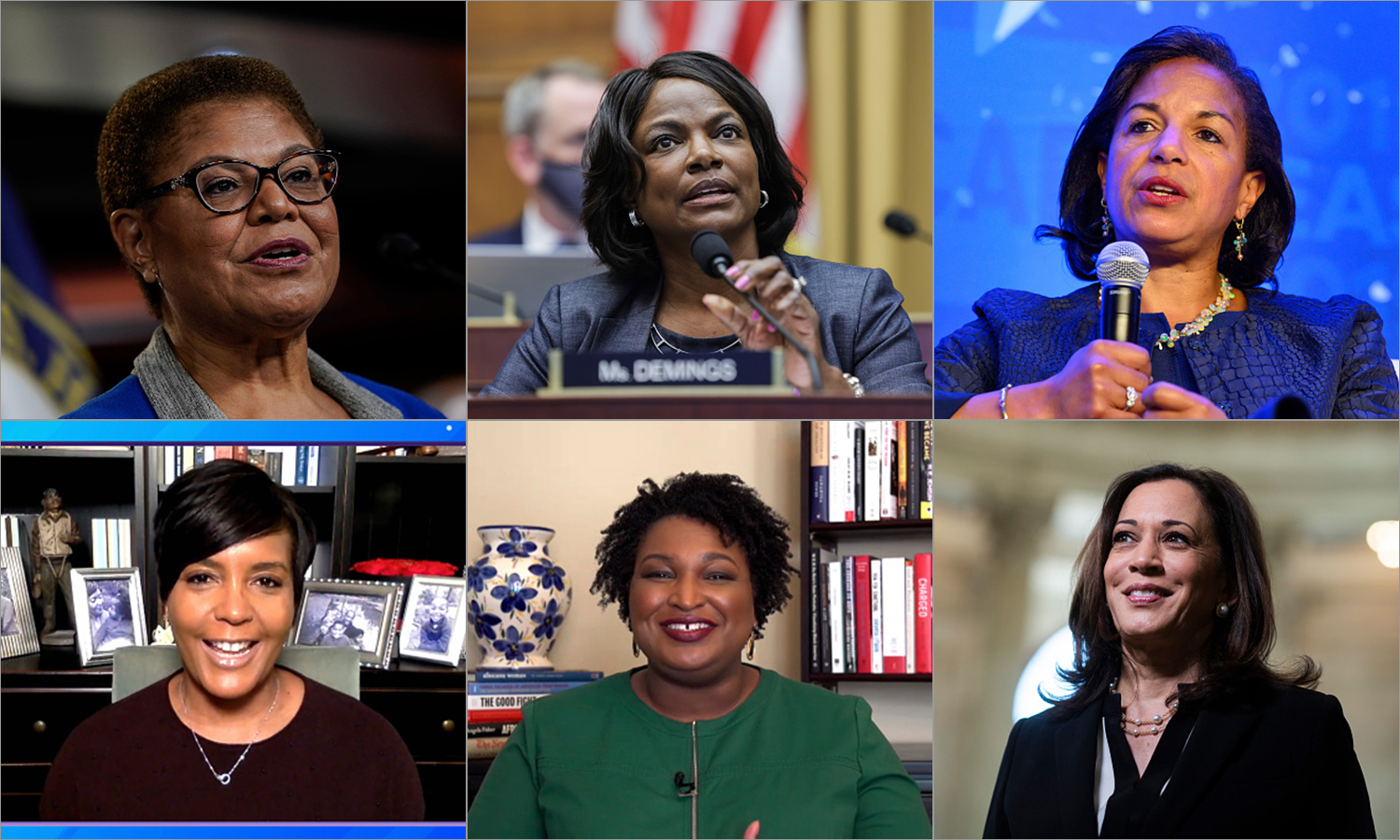Amid COVID-19, Remembering Andrew Cuomo's Shaky Legacy With Black People
Andrew Cuomo Has Stepped Up For New York, But Black Folks Should Still Be Leery

Source: iOne Digital / other
New York Gov. Andrew Cuomo has been receiving much praise in recent weeks for how he has handled the COVID-19 pandemic in his home state, which has been (numbers-wise) the epicenter of the crisis in the United States.
Every weekday, Cuomo issues video briefings filled with sobering statistics on new virus cases, deaths and hospitalizations as well as updates on what the state is doing during this crisis. People have appreciated his straight-shooter approach (he once threatened to personally go to New York City and stop young people from gathering in parks) and his refusal to back down from Donald Trump, with whom he has an antagonistic relationship.
His fact-filled briefings backed by data from experts stand in stark contrast to Trump’s COVID-19 briefings, which some have dismissed as being little more than political rallies.
#PresidentCuomo has trended on Twitter more than once and his on-air banter with his brother Chris Cuomo (a CNN anchor) has increased his likeability factor even more with people proclaiming to have a #CuomoCrush on one or both of the brothers.
However, not everyone is enamored with Governor Cuomo even amidst the high praise for his leadership. Criticism began to seep into the headlines after he held a press conference on March 9 to announce New York State would manufacturer hand sanitizer, via Corcraft company, which he touted as “superior” and aimed at limiting skyrocketing prices.
At that point, price-gouging was a major problem for basic cleaning items such as hand sanitizer and disinfectant wipes. Governor Cuomo’s announcement was therefore initially welcomed. But criminal justice reform organizations quickly pointed out a glaring issue with the governor’s plan: The hand sanitizer was to be manufactured by New York State prisoners.
Prison labor has been likened to slave labor and prisoners in New York earn between 10 and 62 cents per hour for their work. Black people represent 53% of the population in New York’s jails and prisons, so they are disproportionately impacted by any prisoner-related decisions.
That revelation led to more headlines about other actions Governor Cuomo has taken towards minority and vulnerable populations that do not necessarily coincide with his current tough, but fair reputation.
One of the biggest criticisms is about the state budget released in late last month and issued by a Governor Cuomo-appointed board that calls for $400 million worth of cuts to hospitals over the next year. This report was issued during the current pandemic. The purpose of the board was to “redesign” Medicaid (the healthcare low-income populations rely on) and figure out how to rein in a projected $4 billion budget gap.
Additionally, Governor Cuomo signed into law measures that roll back recent bail reform measures. The reforms were “designed to prevent people charged with mostly misdemeanors and nonviolent felonies from being locked up before their trials simply because they can’t afford to pay bond,” according to MotherJones.
This means that judges can go back to keeping low-income people accused of misdemeanors in jail for longer periods of time. Those who can not afford cash bail will now once again face the possibility of going to jail before their trials, a prospect that is particularly risky amid this pandemic and would potentially fuel more COVID-19 cases in New York’s jails.
Also under the hatchet in Governor Cuomo’s executive budget is New York City’s massive public housing agency. Despite NYCHA proclaiming that it needs $31.8 billion over the next five years to pay for necessary repairs and maintenance, the governor’s budget includes no new funding. A total of 40% of the head of households who are in NYCHA housing are Black.
Governor Cuomo also vetoed a bill earlier this year that would have protected low-earning workers from wage theft. The bill was called Securing Wages Earned Against Theft, or SWEAT (A.486/S.2844).
“Thousands of New Yorkers each year lose their wages to scofflaw employers. Many are unable to recoup those wages because of significant flaws with the current law. SWEAT would close those loopholes,” said Richard Bum, Legal Aid Society staff attorney.
Governor Andrew Cuomo has gained a significant amount of national followers with his COVID-19 leadership and daily briefings, but many people on the ground in New York have a different view.
What’s yours?
Demetria Irwin is a freelance writer based in NYC.
SEE ALSO:
The Black Ballot: Where Politics And Culture Collide
Bernie Sanders’ Ex-Press Secretary Briahna Joy Gray Refuses To Endorse Joe Biden, Unless…


















